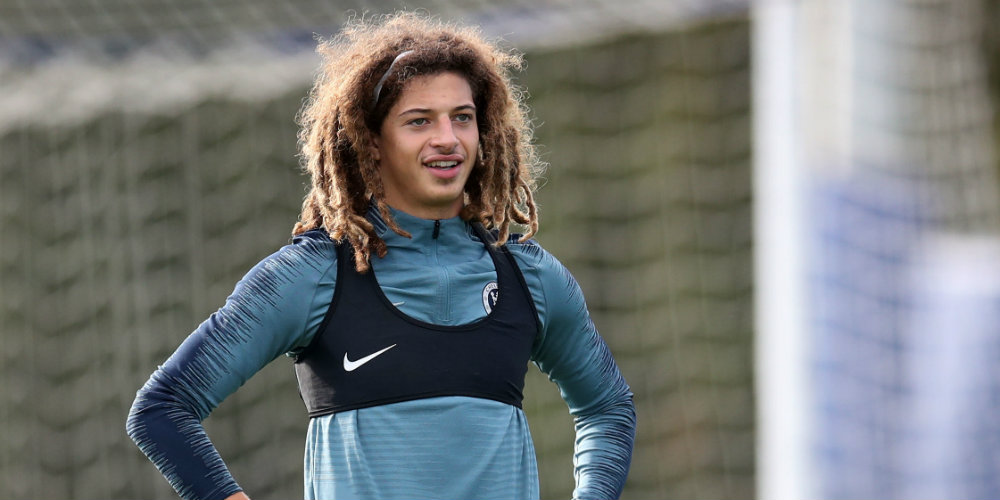Fit-again Ampadu plays for Chelsea’s development side

Ethan Ampadu played for Chelsea’s development side as they won 5-4 in an extraordinary game at Arsenal on Saturday.
Ampadu, back in action after a knee injury, featured along with Callum Hudson-Odoi, who hit the post.
Billy Gilmour scored the winner at Boreham Wood’s Meadow Park ground, where there were also goals for Tino Anjorin, Daishawn Redan, Josh Grant and Conor Gallagher.
After Anjorin’s equaliser cancelled out Bukayo Saka’s early goal, Redan headed in Charlie Wakefield’s cross and Grant then headed in Juan Castillo’s corner to make it 3-1.
But it was 3-3 by half-time after goals from Danny Ballard and Eddie Nketiah.
Nketiah netted again in the second half to equalise once more after Gallagher’s superb free-kick had restored Chelsea’s lead.
Gilmour had the final word, though, firing home with 10 minutes remaining to maintain his team’s 100% away record in Premier League 2 this season.
